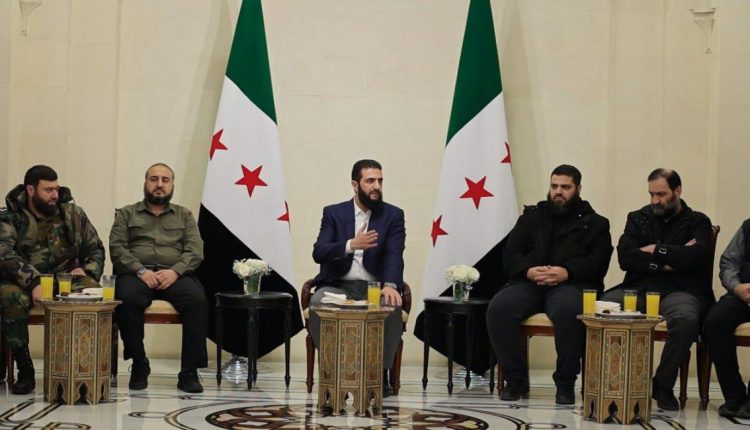The Syrian Democratic Forces (SDF) and the Kurdish National Council in Syria (ENKS) are working towards a unified Kurdish stance amid ongoing military and political shifts in Syria. Meanwhile, the SDF has secured key areas near Manbij, countering Turkey-backed factions. In parallel, the new Syrian administration, under Ahmed al-Sharaa, is consolidating military factions under the Ministry of Defense, signaling major efforts toward national unity and military restructuring.
Efforts to Strengthen Kurdish Unity in Rojava
The Kurdish National Council in Syria (ENKS) and the Syrian Democratic Forces (SDF) are fostering collaboration to address Kurdish interests in post-Assad Syria. The SDF General Command confirmed a recent meeting between its leader, General Mazloum Abdi, and ENKS representatives, facilitated by international coalition officials. Discussions centered on achieving a unified Kurdish stance within a “new Syria” and continuing efforts to resolve intra-Kurdish disputes.
This initiative aligns with broader attempts by Kurdish parties in Rojava to prepare for negotiations with a potential new Syrian government. In November, a French delegation met with ENKS and the Kurdish National Unity Parties (PYNK), highlighting the importance of a cohesive Kurdish strategy. Such unity is seen as critical for advancing Kurdish rights and securing representation in any future political framework.
Strategic Gains by SDF Near Manbij
On the military front, the SDF continues to secure key territories. Fierce clashes recently erupted between SDF forces and Turkey-backed armed groups near Manbij, lasting late into the night. The SDF announced its capture of the Abu Qalqal area, neutralizing threats to the vital Tishreen Dam. This victory enhances the SDF’s strategic control in the region and fortifies critical infrastructure.
In eastern Aleppo province, SDF forces advanced into the Al Khafsa area, taking control of the village of Babiri and a crucial water station that supplies Aleppo. The Babiri water plant had been inaccessible for over ten days, impacting local residents. SDF advances have prompted several Turkey-aligned fighters to surrender, with many relocating to Jarablus and Afrin.
Unifying Syria’s Military Under a New Administration
Significant political developments are also unfolding in Syria. The new administration, led by Ahmed al-Sharaa, has initiated measures to integrate all armed factions under the Ministry of Defense. This restructuring aims to unify Syria’s military framework, marking a turning point in the country’s fragmented defense landscape.
A meeting on Tuesday formalized this agreement between Sharaa and faction leaders. The Free Syrian Army expressed readiness to join the Ministry of Defense, emphasizing their commitment to combating ISIS, safeguarding civilians, and tackling drug trafficking. Forced conscription will be abolished under the new system, with weapons strictly under state control.
Ahmed al-Sharaa’s administration has appointed Engineer Marhaf Abu Qasra as the acting Minister of Defense to oversee this transition. Prime Minister Mohammed al-Bashir confirmed plans to incorporate former opposition factions and defected officers, signaling efforts to rebuild Syria’s defense forces inclusively. These changes aim to strengthen national unity and create a cohesive military institution capable of addressing Syria’s security challenges.


